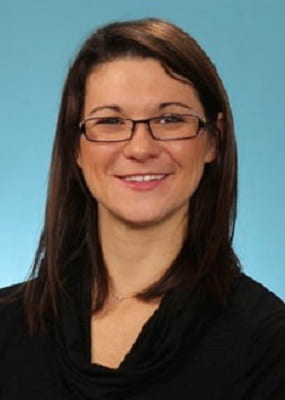
The Center for Community Health Partnership and Research is pleased to announce two partnerships were selected to receiving funding through the 2023-2024 Partnership Development and Sustainability Support (PDSS) program. PDSS awards provide up to $10,000 in funding for investigators and their community partner(s) to support their new or existing partnership efforts over a 12-month period. The goal is to support partners in developing their relationships, skills, and capacity to facilitate future research collaborations and strengthen community-academic partnerships.
This year’s awarded partnerships are:

Catherine Hoyt, PhD, OTD, OTR/L, Instructor in Occupational Therapy, Neurology & Pediatrics, Washington University School of Medicine in St. Louis, with CareSTL Health and Sickle Cell Association
Summary: This project aims to bring together pediatric providers and support staff from CareSTL, a group of federally qualified health centers in the St. Louis region, with the St. Louis Sickle Cell Association and Washington University Program in Occupational Therapy. This partnership seeks to increase developmental screening for young children with sickle cell disease and support families in identifying and receiving supportive services, such as First Steps early intervention.

Ana María Arbeláez, MD, MSCI, Chief, Division of Pediatric Endocrinology and Diabetes, Washington University School of Medicine in St. Louis, with Operation Food Search
Summary: The impact of food insecurity on adverse health outcomes for youth living with diabetes is well described; however, there is little data looking at how interventions that improve food access and social support services can impact clinical outcomes. In partnership with Operation Food Search, researchers in the Division of Pediatric Endocrinology at Washington University are examining if these interventions make a difference in diabetes control and health care utilization (like hospitalization rates, emergency room visits, and missed clinic appointments) for kids with type 1 diabetes who live in food-insecure households.